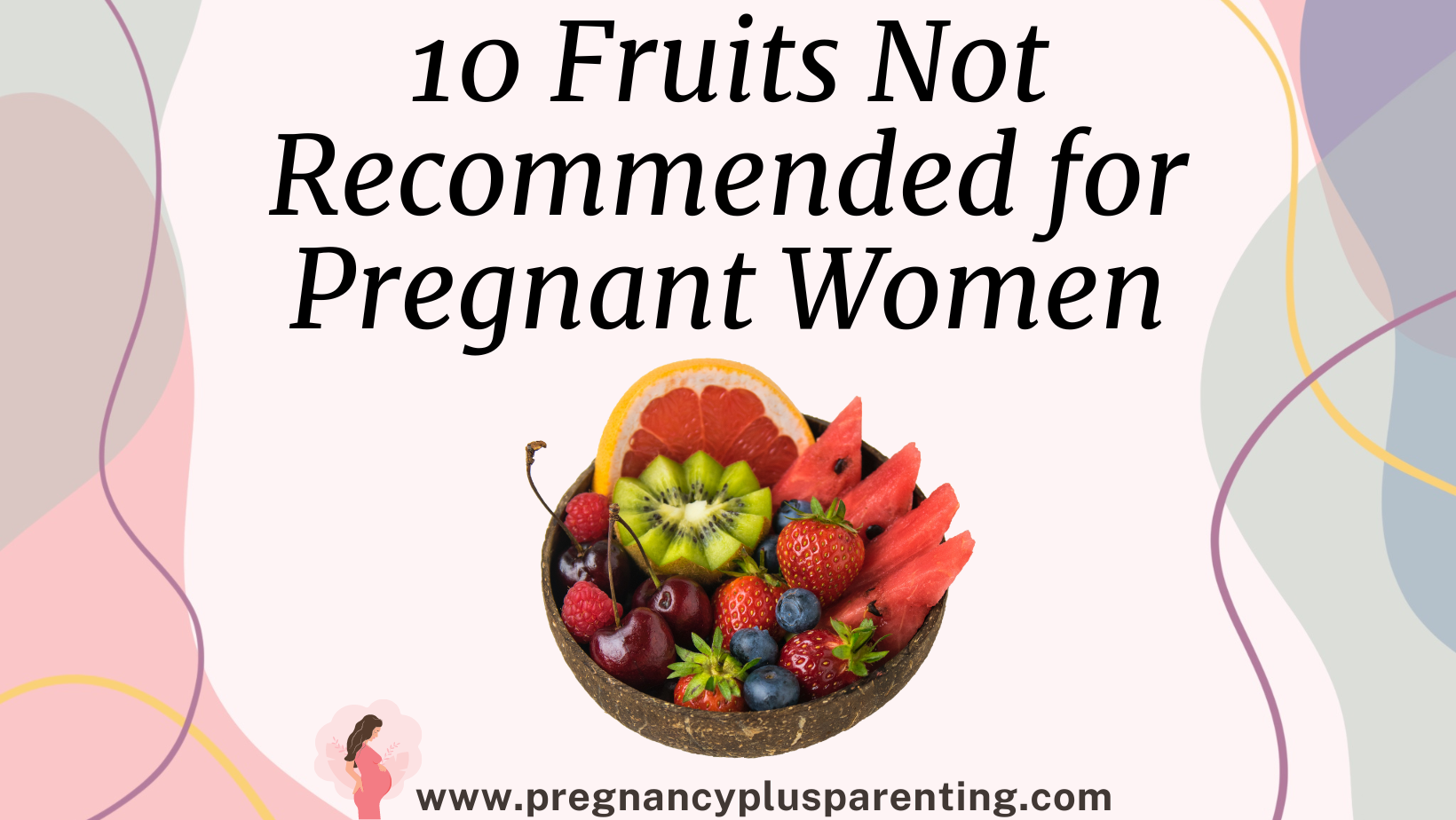Baby on Your Mind? Smart Ways to Make It Happen Faster!
The good news first: For the majority of couples, their wish to conceive is fulfilled within 12 months, and it’s quite straightforward. To be precise, 70 percent of women become pregnant within this period. Some immediately, for others it takes a little longer.
Of the remaining 30 percent, half receive a positive pregnancy test in the second year. This represents only a small percentage of couples for whom family planning isn’t so straightforward.
For anyone who would like to become pregnant in the near future, we have a few valuable tips here.
Diet and lifestyle
A healthy diet with regular exercise should be standard for everyone. It’s even more important for expectant mothers and fathers. Statistically, women (and men!) of normal weight who only drink alcohol occasionally have the best chances of becoming pregnant . Smoking should be absolutely taboo, even before starting a family: nicotine reduces female fertility and sperm quality.
Important antibodies
It’s important for expectant mothers to be protected against rubella and chickenpox . An infection during pregnancy can harm the unborn child. Therefore, you should check beforehand whether antibodies against both diseases are present in your blood. If not, vaccination can help .
Caution : A woman should wait three months after vaccination before becoming pregnant. This is the only way to ensure comprehensive protection for mother and child.
Folic acid
Folic acid is a B vitamin. It is required for cell division and cell regeneration. Pregnant women and women trying to conceive have an increased need. The recommended daily intake is 800 micrograms of folic acid.
The vitamin is found in foods such as cabbage, lamb’s lettuce, almonds, green leafy vegetables, spinach, asparagus, whole grain products, and liver. However, it’s easier to meet your daily needs with tablets. These tablets are taken until at least the tenth week of pregnancy and, among other things, reduce the risk of the baby developing spina bifida (an open spine).
About the right moment
The female egg cell lives for about twelve hours after ovulation; sperm can survive in the woman’s body for three to four days. Therefore, there are approximately 72 hours each month in which pregnancy can occur. Having intercourse during this time naturally increases the chances of conception.
But how does the timing work? A very regular cycle lasts 28 days. Ovulation occurs in the middle of the cycle. Under these conditions, sex 14 days after the start of the last period is optimal—if everything goes according to plan. In reality, however, the cycle length varies between 26 and 32 days.
However, women who closely monitor and know their bodies often have a good sense of their cycle and even ovulation. During the fertile days, a thick mucus can often be detected, which is supposed to help the sperm reach the egg.
Natural support for a regular cycle is provided by chasteberry , a plant from the verbena family. It is available over-the-counter at pharmacies.
Of course, there are also various tests that can be used to easily determine the time of ovulation, the quality of sperm or (hopefully) pregnancy at home.
At a glance
- The general rule is: Just try to take it easy. The less stressed couples are, the easier it often is to get pregnant. Calmness helps!
- Healthy diet. Fruits and vegetables, moderate amounts of meat and fish, whole grain products, and folic acid.
- Drink little alcohol but plenty of water.
- Keep your hands off cigarettes!
- Observe your own body and pay attention to your cycle. It can be helpful to keep a cycle diary for a few months. If you notice any significant irregularities, discuss them with your gynecologist.







